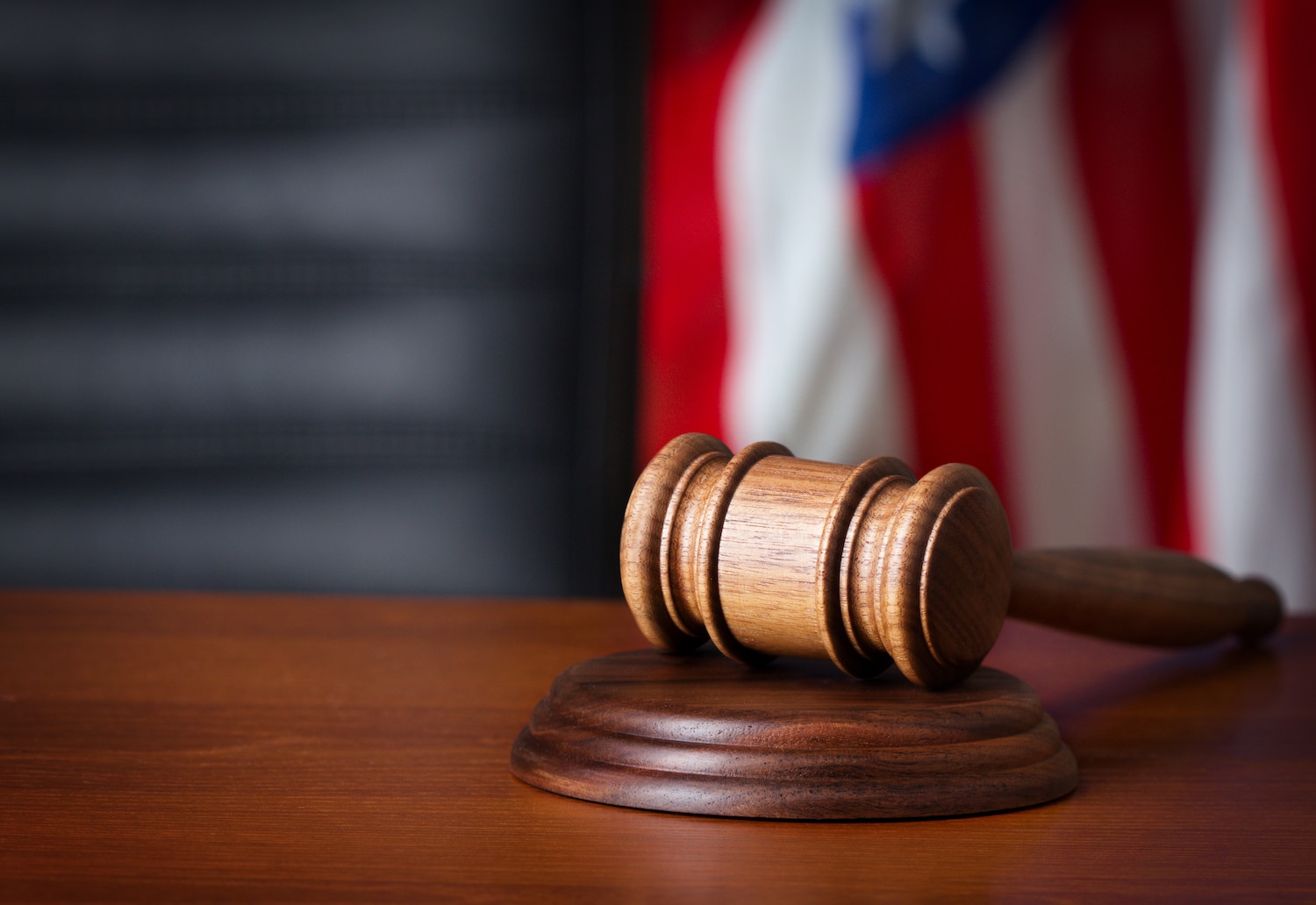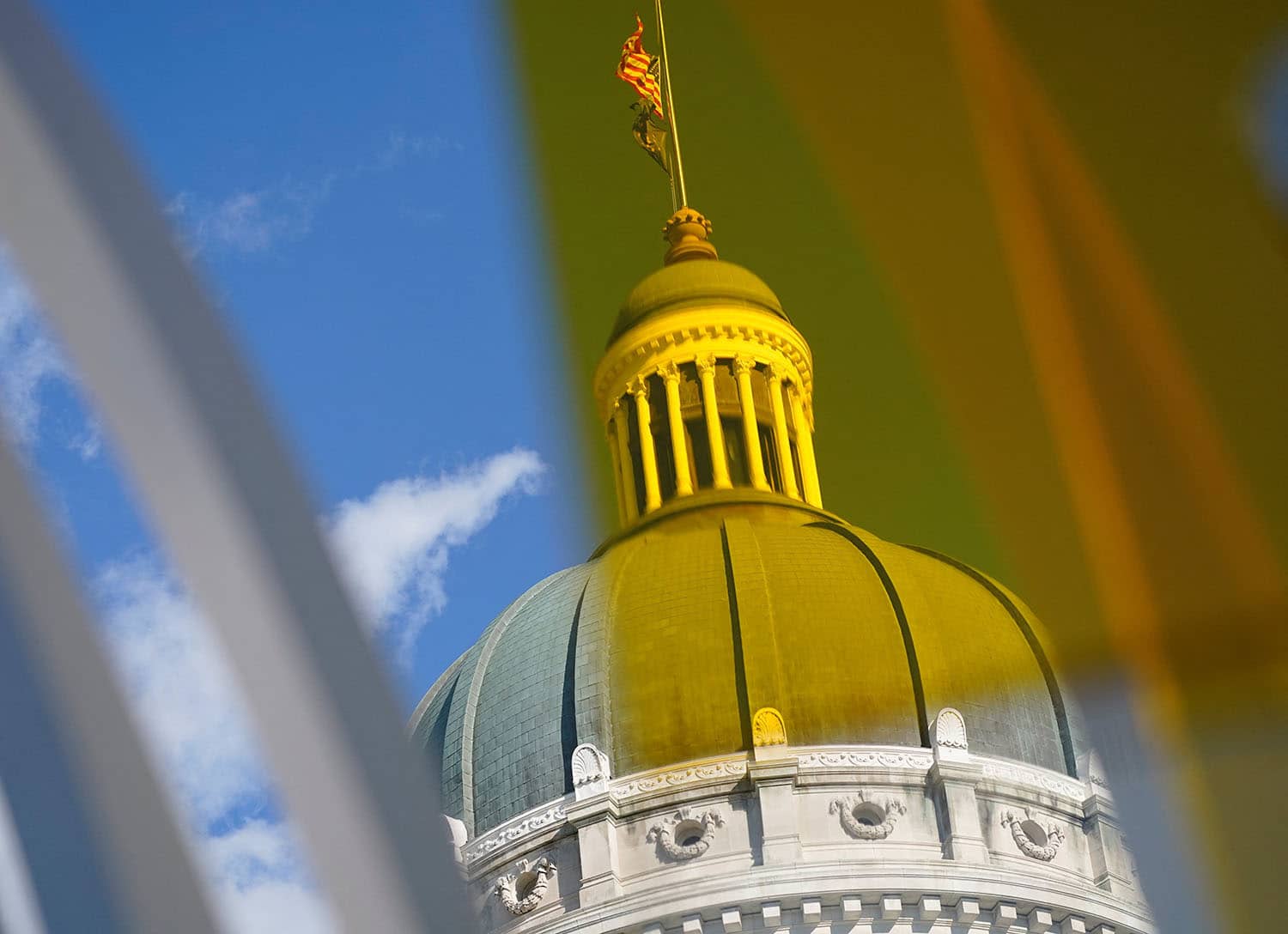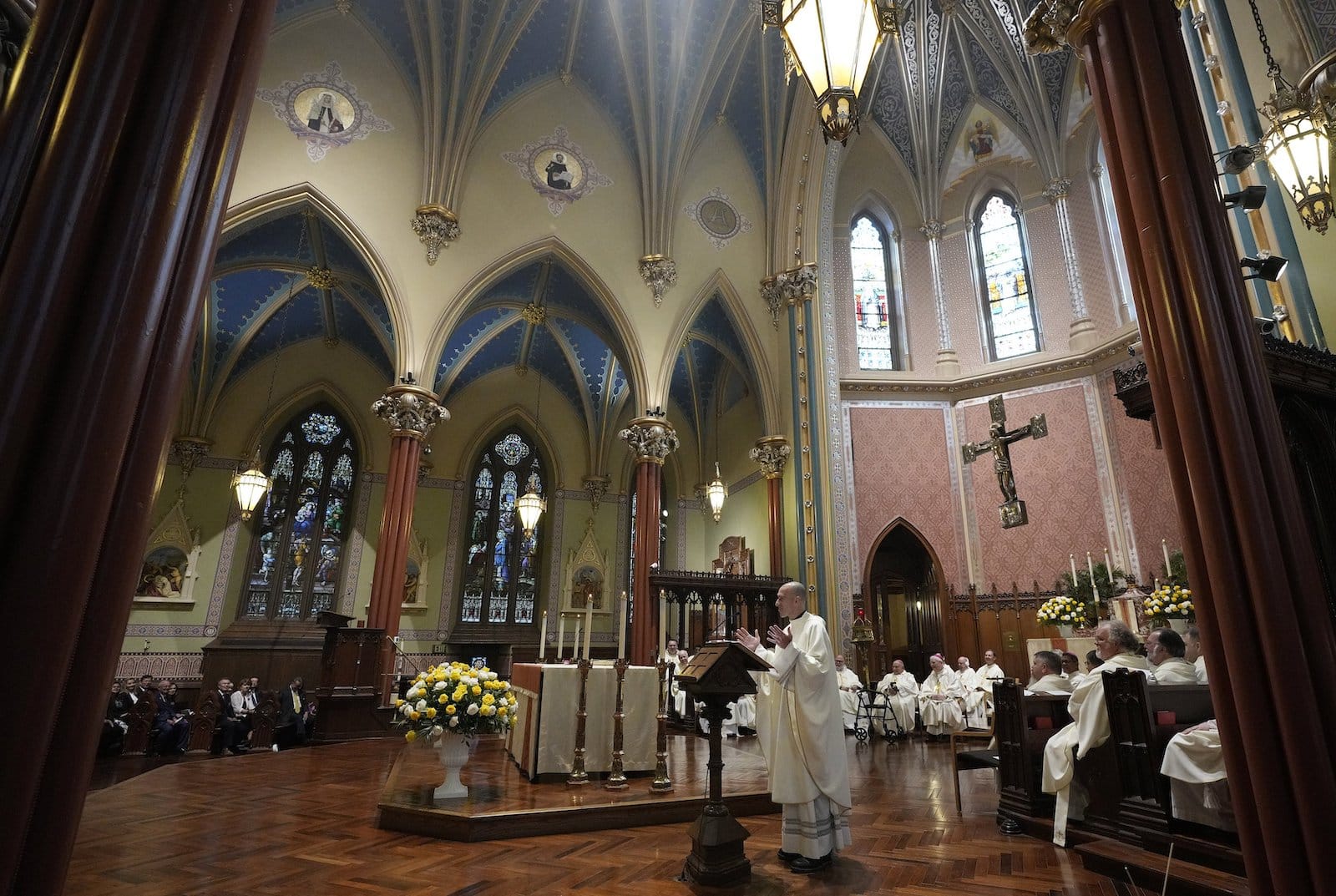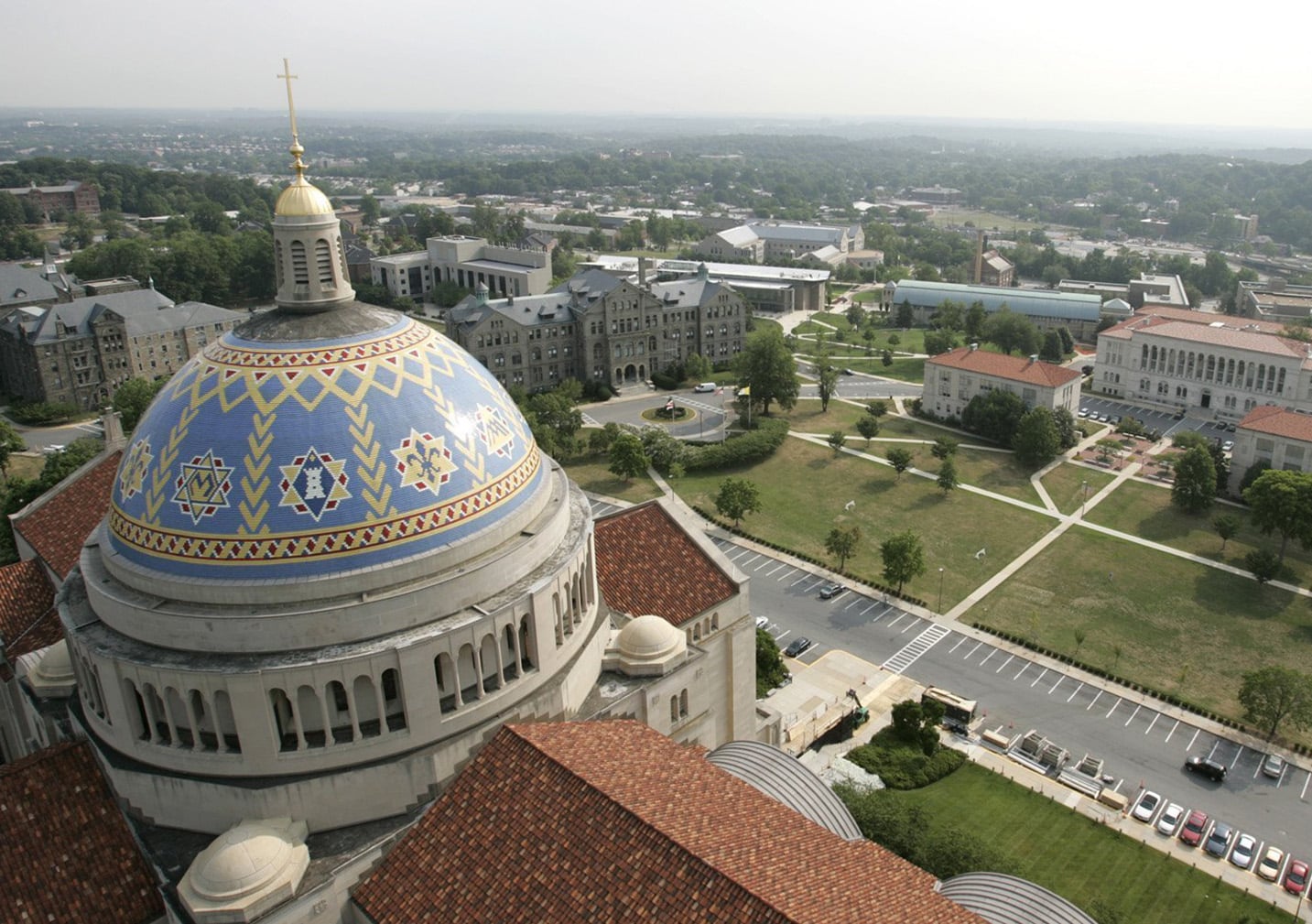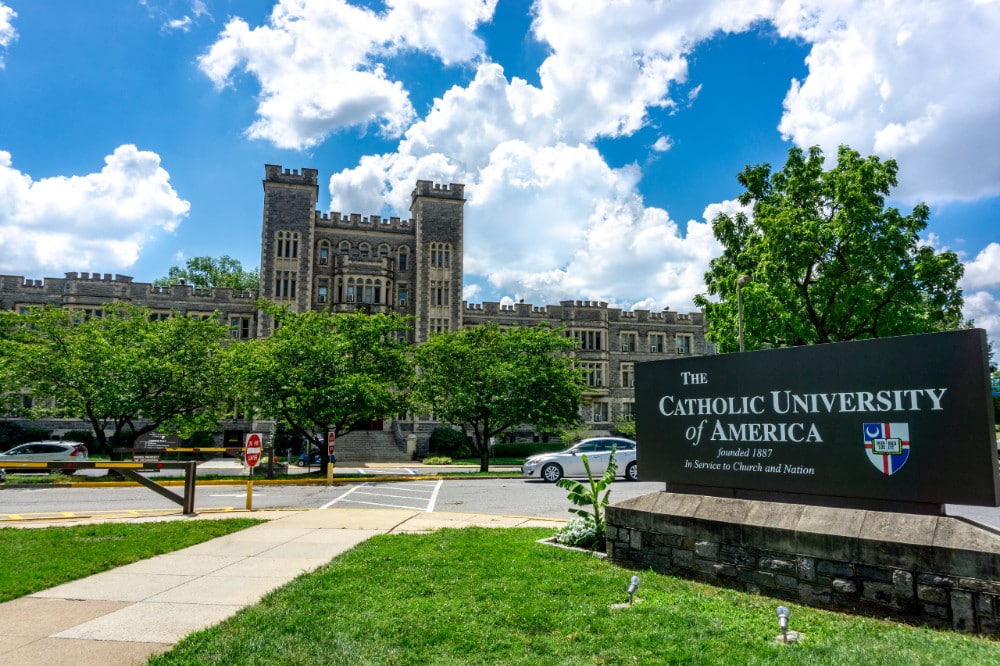WASHINGTON (OSV News) — The U.S. Supreme Court June 30 rejected President Joe Biden’s $400 billion plan to cancel or significantly reduce federal student loan debts for millions of Americans.
The Biden administration’s student debt forgiveness program would have canceled $10,000 in such debts for individuals making less than $125,000 or married households making less than $250,000, according to the White House. Pell Grant recipients would have been granted an additional $10,000 in debt forgiven.
More than $1.6 trillion in federal student loan debt is shouldered by 45 million Americans. Unlike traditional loans which require lenders to exercise prudence or risk borrowers being unable to repay, Congress reformed bankruptcy laws over the past few decades — including a 2005 bankruptcy reform championed by then-Sen. Biden, D-Del. — to make student loan debt nearly impossible to discharge.
The administration said it had 16 million applications prepared for discharge out of 26 million people who had applied for its debt relief plan or were deemed automatically eligible. The administration claimed more than 40 million Americans could have benefited from the plan.
According to estimates, Biden’s student debt relief plan was expected to cost $400 billion over 30 years.
Disagreement not disparagement
The Biden administration had argued its plan was lawful under a 2003 law called the Higher Education Relief Opportunities for Students Act, or HEROES Act, which permits the government to provide some relief to recipients of student loans in a “national emergency,” to ensure borrowers are not left in financial difficulty as a result of such an emergency.
But Chief Justice John Roberts, writing for a 6-3 majority, rejected that argument, stating the court’s precedent “requires that Congress speak clearly before a department secretary can unilaterally alter large sections of the American economy,” arguing the Biden administration overstepped its authority.
In her dissenting opinion, Justice Elena Kagan wrote that the high court, in hearing the case at all, overstepped its authority. She argued the states challenging the Biden administration plan did not have standing to do so.
“Under Article III of the Constitution, a plaintiff must have standing to challenge a government action,” she wrote. “And that requires a personal stake — an injury in fact. We do not allow plaintiffs to bring suit just because they oppose a policy.”
In what may be a nod to the Supreme Court’s diminishing public approval rating amid several, recent controversial cases, including its reversal of the 1973 Roe v. Wade decision and related abortion precedent in 2022, Roberts observed, “Reasonable minds may disagree with our analysis — in fact, at least three do,” referring to his dissenting colleagues.
“We do not mistake this plainly heartfelt disagreement for disparagement,” he said. “It is important that the public not be misled either. Any such misperception would be harmful to this institution and our country.”
Biden remarks
In June 30 remarks at the White House, Biden vowed to take additional action to help student borrowers “consistent with today’s ruling,” and pursue a different legal path.
“My plan would not only have been life-changing for millions of Americans; it would have been good for the American economy,” Biden argued, adding that the debt relief could have enabled borrowers to use those funds to buy homes or start families.
Rep. Michelle Fischbach, R-Minn., who is Catholic, wrote on Twitter that “today the Supreme Court ruled that Biden’s student loan ‘forgiveness’ scheme is unconstitutional,” adding that her party has “been saying for months that this plan was an abuse of authority (and) a slap in the face to everyone who took on extra jobs to pay for school or chose not to attend.”
Sen. Dick Durbin, D-Ill., also a Catholic, argued the ruling “hurts the tens of millions of Americans who are plagued by student loan debt in pursuit of a quality education, particularly low- and middle-income borrowers and communities of color.”
“I’m sorely disappointed that this Supreme Court coldly severed this lifeline that the Biden Administration rightfully and lawfully had offered hard-working Americans,” Durbin wrote on Twitter.
Church teaching on debt
The Catholic Church has typically framed the issue of debt within its social teaching on the dignity of the human person. While addressing the issue of debt incurred by poorer countries, St. John Paul II in his 1991 encyclical Centesimus Annus taught that debt repayment in principle is just, but it cannot be “paid at the price of unbearable sacrifices.”
“In such cases it is necessary to find — as in fact is partly happening — ways to lighten, defer or even cancel the debt, compatible with the fundamental right of peoples to subsistence and progress,” he said.
After a more than three-year, COVID-era pause, borrowers will have to resume payments on their federal student loan bills this fall.

